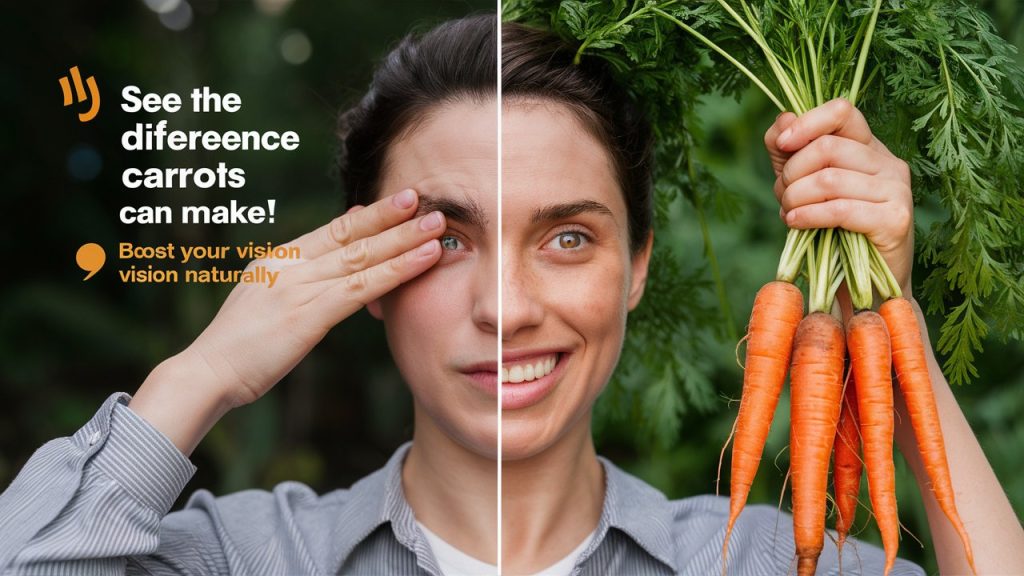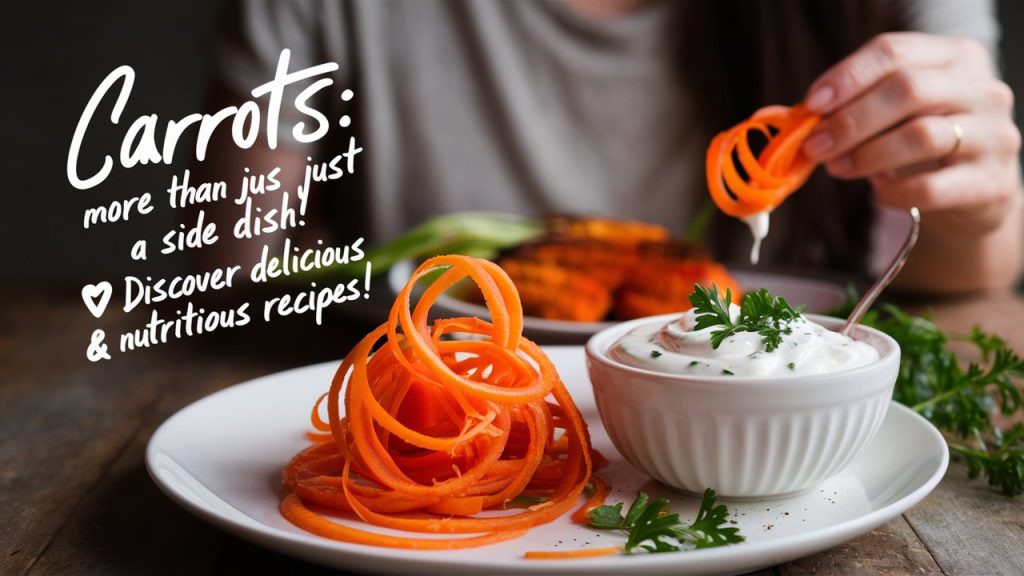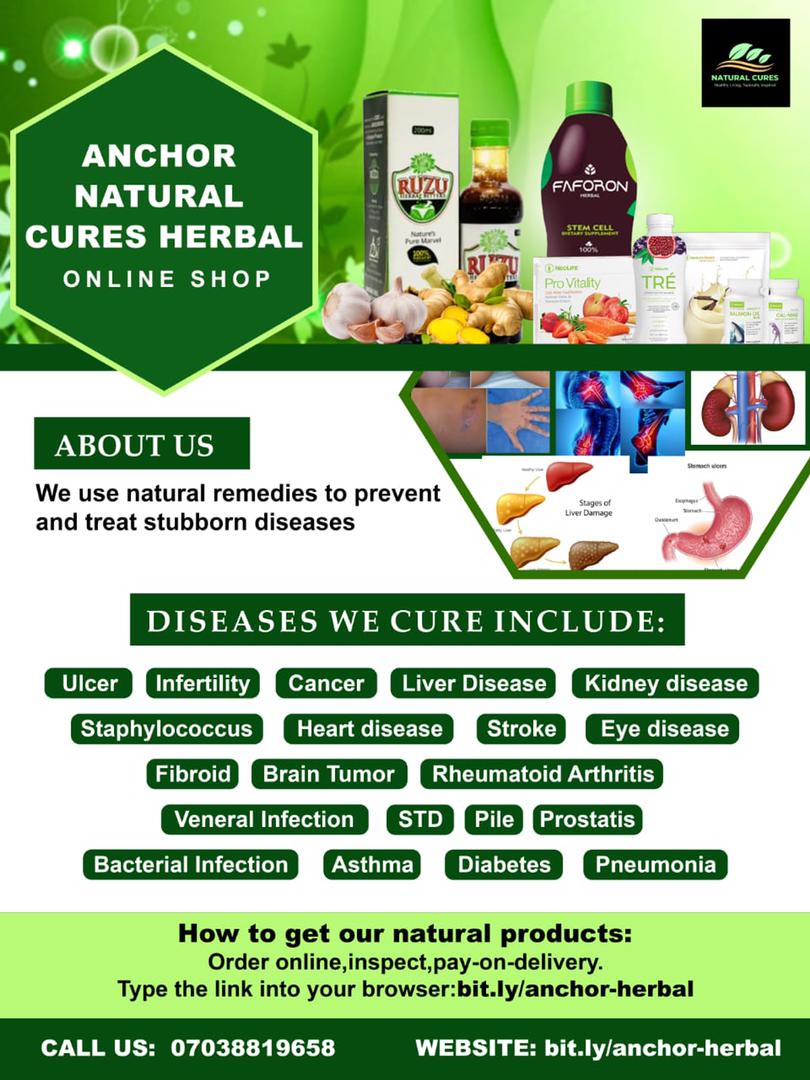The Humble Carrot: A Crunchy Powerhouse for Your Health (What Does Carrot Do to the Body?)

For centuries, the carrot has been a staple vegetable in kitchens around the world. This crunchy, orange root vegetable is not only delicious but also surprisingly packed with nutrients that offer a multitude of health benefits. But what exactly does a carrot do to the body? This comprehensive guide dives deep into the world of carrots, exploring their nutritional profile, uncovering their surprising health benefits, and providing tips for incorporating them into your diet for optimal well-being.
Unearthing the Nutritional Riches of Carrots
Carrots might seem like a simple vegetable, but beneath their unassuming exterior lies a treasure trove of essential vitamins, minerals, and antioxidants. Here’s a closer look at the key nutrients carrots offer:
- Beta-carotene: The vibrant orange color of carrots comes from beta-carotene, a powerful antioxidant that your body converts into vitamin A. Vitamin A is crucial for healthy vision, maintaining a strong immune system, and promoting cell growth and development.
- Vitamin K1: Also known as phylloquinone, vitamin K1 plays a vital role in blood clotting and bone health.
- Potassium: This essential mineral helps regulate blood pressure and supports healthy muscle function.
- Fiber: Carrots are a good source of both soluble and insoluble fiber, which contributes to digestive health, regulates blood sugar levels, and promotes feelings of fullness.
- Biotin: This B vitamin is involved in fat and protein metabolism and helps maintain healthy hair, skin, and nails.
- Antioxidants: In addition to beta-carotene, carrots contain other antioxidants like lutein and zeaxanthin, which protect your cells from damage and may reduce the risk of chronic diseases.
Beyond the Basics: A Look at Lesser-Known Nutrients
Carrots also boast a variety of other vitamins and minerals, although in smaller quantities. These include:
- Vitamin C
- Vitamin B6
- Manganese
- Phosphorus
- Calcium
While the amounts of these additional nutrients may be lower, they still contribute to your overall health and well-being when consumed as part of a balanced diet.
A Symphony of Health Benefits: How Carrots Can Enhance Your Life
The impressive nutritional profile of carrots translates into a wide range of health benefits. Here are some of the most compelling ways carrots can positively impact your body:
- Supporting Healthy Vision: The abundance of beta-carotene in carrots makes them a champion for eye health. Beta-carotene is converted into vitamin A, which is essential for maintaining healthy vision, especially night vision. Studies suggest that consuming carrots regularly may help reduce the risk of age-related macular degeneration and cataracts.
- Boosting Immunity: The presence of vitamin A and antioxidants like beta-carotene and vitamin C in carrots strengthens your immune system, making you more resistant to infections and illnesses. Vitamin A helps regulate the immune system’s response and keeps your body’s natural defenses strong.
- Promoting Heart Health: The combination of fiber, potassium, and antioxidants in carrots contributes to a healthy heart. Fiber helps lower LDL (bad) cholesterol levels, while potassium helps regulate blood pressure. Additionally, antioxidants combat inflammation, which is a risk factor for heart disease.
- Aiding in Digestion: The fiber content in carrots plays a crucial role in promoting healthy digestion. Fiber adds bulk to your stool, facilitating regular bowel movements and preventing constipation. Additionally, soluble fiber helps regulate blood sugar levels by slowing down the absorption of sugar in the intestines.
- Weight Management: Carrots are low in calories and fat, making them a perfect addition to a weight-loss diet. The high fiber content in carrots keeps you feeling full for longer, helping you manage cravings and reduce calorie intake.
- Potential Benefits for Cancer Prevention: Studies suggest that the antioxidants in carrots, particularly beta-carotene, lutein, and zeaxanthin, may have anti-cancer properties. These antioxidants can neutralize free radicals that damage cells and contribute to cancer development. However, more research is needed to confirm these potential benefits.
- Skin Health Ally: The combination of vitamin A and antioxidants in carrots contributes to healthy skin. Vitamin A promotes cell turnover and keeps skin hydrated, while antioxidants fight free radicals that can damage skin cells and lead to premature aging.
- Brainpower Booster: Early research suggests that the antioxidants and nitrates present in carrots may have a positive impact on cognitive function and memory. These nutrients may help improve blood flow to the brain and protect brain cells from damage.
Can Carrots Help with Specific Conditions?
While more research is needed to confirm the effectiveness of carrots for treating specific conditions, some studies suggest potential benefits in certain areas:
Can Carrots Help with Specific Conditions?
- Blood Sugar Control: The fiber content in carrots may help regulate blood sugar levels by slowing down the absorption of sugar in the intestines. This can be beneficial for people with diabetes or prediabetes.
- Digestive Issues: The fiber in carrots can help alleviate digestive problems like constipation and irregular bowel movements. Additionally, some studies suggest that carrots may have a prebiotic effect, promoting the growth of good bacteria in the gut, which is essential for digestive health.
- Diabetic Wound Healing: Early research suggests that the vitamin A content in carrots may play a role in promoting wound healing. Vitamin A helps maintain healthy skin and mucous membranes, which can be crucial for wound closure.
- Urinary Tract Infections (UTIs): While not a cure, some studies suggest that the potassium content in carrots may help flush out toxins and bacteria from the urinary tract, potentially reducing the risk of UTIs.
It’s important to note that carrots should not be considered a sole treatment for any medical condition. Always consult with your doctor before making any significant changes to your diet or using carrots for medicinal purposes.
Deliciously Diverse: Exploring Ways to Enjoy Carrots

Carrots are a versatile vegetable that can be enjoyed in a multitude of ways. Here are some creative ideas to incorporate carrots into your diet and reap their health benefits:
- The Classic Raw Crunch: Enjoy carrots raw for a refreshing and healthy snack. Slice them into sticks, baby carrots, or even grate them for a salad topping. Pair them with hummus, guacamole, or a healthy yogurt dip for added flavor and nutrition.
- Roasting Powerhouse: Roasting carrots brings out their natural sweetness and caramelizes them for a deeper flavor. Toss them with olive oil, herbs like rosemary or thyme, and a sprinkle of salt and pepper for a simple and delicious side dish.
- Soup Sensations: Carrots add vibrant color, sweetness, and essential nutrients to soups and stews. They pair well with a variety of vegetables and protein sources, making them a versatile addition to a comforting and healthy meal.
- Stir-Fry Sensation: Julienned carrots add a delightful crunch and sweetness to stir-fries. They cook quickly and pair well with other vegetables, protein sources, and flavorful sauces.
- Mashed Marvels: Mashed carrots are a healthy and flavorful alternative to mashed potatoes. They can be seasoned with herbs, spices, and a touch of butter or olive oil for a creamy and satisfying side dish.
- Carrot Juice for a Quick Boost: Carrot juice is a convenient way to get your daily dose of carrot nutrients. However, it’s important to note that juicing removes some of the fiber content. To maximize the benefits, opt for whole carrots whenever possible.
- Baking Bliss: Carrots add moisture and sweetness to baked goods like muffins, cakes, and breads. They can be grated, pureed, or chopped depending on the recipe.
- Hidden Veggie Hero: Finely grated carrots can be added to pancake batter, waffle mix, or even quick bread for a sneaky way to boost the nutritional value of these breakfast favorites. Kids might not even notice the hidden veggie addition!
Experiment with different cooking methods and flavors to discover your favorite ways to enjoy carrots. Remember, variety is key to a healthy and enjoyable diet!
Selecting, Storing, and Preparing Carrots for Optimal Quality
To maximize the health benefits of carrots, it’s important to choose the freshest ones and store them properly. Here are some tips:
Selecting the Best Carrots:
- Look for firm, bright orange carrots with smooth skin. Avoid carrots that are limp, soft, or have blemishes or cracks.
- Choose carrots that are similar in size for even cooking when using them in recipes.
- Freshly harvested carrots with their green tops attached often indicate good quality. However, the tops are not essential and can be removed before storage.
Storing Carrots for Freshness:
- Store carrots in the crisper drawer of your refrigerator. This will help them stay fresh and crisp for several weeks.
- Avoid storing carrots in plastic bags, as this can trap moisture and lead to spoilage.
- If you plan on using the carrot tops, store them separately in a plastic bag in the refrigerator. However, they will only stay fresh for a few days.
Preparing Carrots for Use:
- Wash carrots thoroughly under running water before consuming them.
- You can peel carrots before cooking, but it’s not always necessary. The skin contains some nutrients, so consider leaving it on for added fiber.
- Depending on the recipe, you can slice, dice, grate, julienne, or chop carrots to achieve the desired texture.
By following these simple tips, you can ensure that your carrots are fresh, flavorful, and packed with nutrients.
Addressing Common Concerns and Myths About Carrots
Carrots are a widely consumed vegetable, but there are still some lingering questions and myths surrounding them. Here’s a look at some of the most common concerns and debunking any misconceptions:
- Do Carrots Improve Night Vision?
This is a well-known adage, and there’s some truth to it. The abundance of beta-carotene in carrots, which the body converts into vitamin A, plays a crucial role in maintaining healthy vision, including night vision. Vitamin A helps regenerate rhodopsin, a pigment in the eye necessary for seeing in low light conditions. While carrots won’t give you superhuman night vision, consuming them regularly can contribute to overall healthy vision.
- Can Carrots Cause Cavities?
Carrots themselves are not cariogenic, meaning they don’t directly cause cavities. However, the natural sugars in carrots can be broken down by bacteria in the mouth, potentially leading to acid production. This acid can erode tooth enamel over time if proper oral hygiene practices aren’t followed. To minimize this risk, simply brush your teeth after consuming carrots, just like you would after any sugary food or drink.
- Do Carrots Make You Tan More Easily?
The beta-carotene in carrots can contribute to a slightly more tanned appearance, but this doesn’t mean they will turn you into a bronzed beach babe. The effect is subtle and only noticeable with very high intakes of carrots over a prolonged period. Additionally, a true tan comes from melanin production triggered by UV rays, not dietary sources like carrots.
- Are Organic Carrots Healthier?
There isn’t a definitive answer to this question. Organic carrots are grown without synthetic pesticides or herbicides, which some people prefer. However, conventionally grown carrots can still be nutritious as long as they are thoroughly washed before consumption. The most important factor is to choose fresh, firm carrots regardless of whether they are organic or conventional.
- Can You Eat Too Many Carrots?
While carrots are a healthy and nutritious vegetable, it’s possible to consume too much of a good thing. Excessive beta-carotene intake, from a very high intake of carrots over a long period, can lead to a condition called carotenemia. This condition causes a harmless yellowing of the skin, particularly on the palms of the hands and soles of the feet. It’s important to note that this is a rare occurrence and only likely if you’re consuming an extreme amount of carrots daily. Moderation is key, and a balanced diet that includes a variety of fruits and vegetables is always recommended.
A Crunchy Conclusion: The Power of the Humble Carrot
The carrot, often seen as a simple side dish, is a nutritional powerhouse that deserves a place of honor in your diet. From its impressive array of vitamins and minerals to its potential health benefits and versatility in the kitchen, the carrot offers a multitude of reasons to make it a regular part of your meals. So, next time you reach for a snack, consider grabbing a crunchy carrot stick. Your body will thank you for it!



















